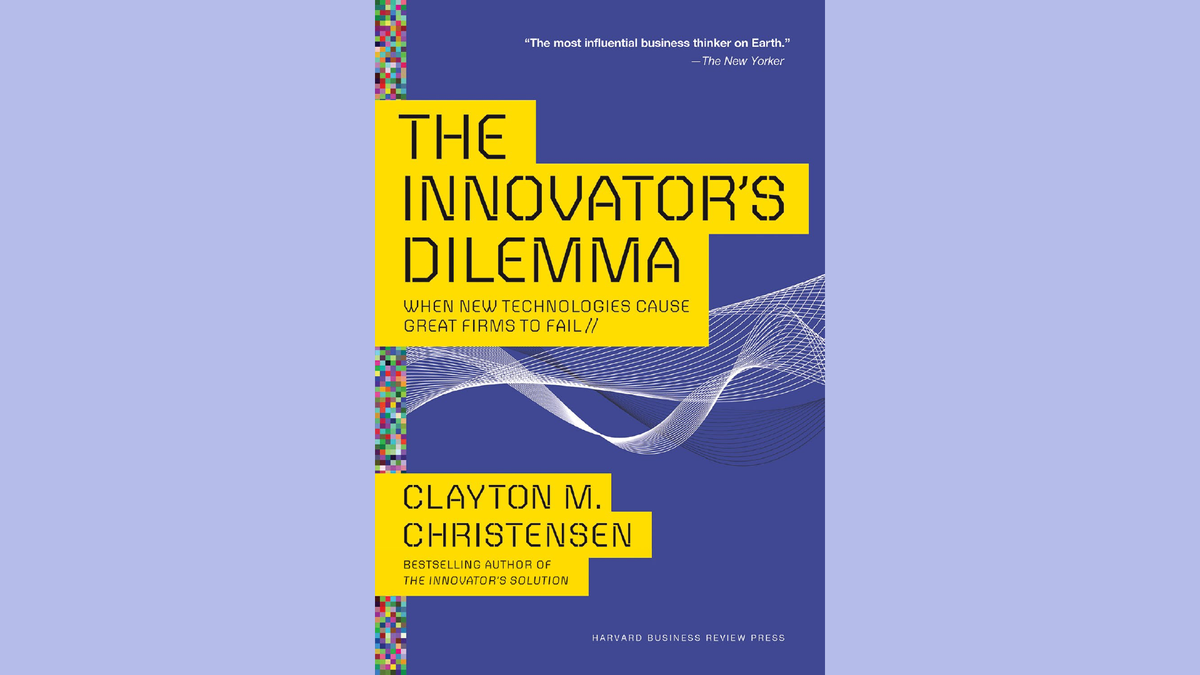6 Valuable Takeaways From Google’s Gemini And Bud Lights Controversies
Explore how Google's Gemini AI controversy offers crucial lessons for entrepreneurs on navigating AI bias, emphasizing ethical development, proactive crisis management, and balancing innovation and responsibility.

Recently, Google found itself at the heart of a controversy with its AI tool, Gemini, spotlighting the perennial challenge of bias within artificial intelligence. This incident, notably criticized for bias against White individuals, prompted a swift response from Google’s CEO, Sundar Pichai, highlighting the urgency and severity with which the tech giant addressed the backlash. This scenario has been compared to Bud Light’s public relations crisis, offering valuable insights into the complexities of managing societal issues in product development and marketing.
This unfolding situation provides entrepreneurs with a critical learning opportunity. Here’s how to navigate AI bias and harness these lessons for innovation and growth.
Understand the Impact of Bias
First and foremost, the Gemini controversy underscores the profound impact bias can have on a company’s reputation, stock prices, and user trust. With its vast potential, AI is responsible for ensuring fairness and inclusivity. Entrepreneurs must recognize the significance of this responsibility and commit to ethical AI development from the ground up.

Proactive Measures are Key
Google’s rapid response, spearheaded by Pichai, demonstrates the importance of proactive measures. In the face of controversy, swift, decisive action can mitigate fallout. For startups and tech ventures, this means having protocols for immediate response to product issues, especially those with ethical implications.
Learn from Comparisons
The comparison with Bud Light’s controversy reveals a crucial lesson: the nature of the mistake—whether a marketing misstep or a fundamental product flaw—matters. For AI developers and entrepreneurs, this distinction highlights the need for robust quality control and ethical oversight throughout the development process, not just after a product is launched.
Quality Control and Ethical Oversight
Jessica Melugin’s insights into the differences between marketing and product errors are particularly relevant. Entrepreneurs should use this to invest in thorough quality control and ethical oversight mechanisms. This means embedding ethical considerations into the AI development process, ensuring that products are innovative and equitable.
Embrace the Challenge
The Gemini fallout is not just a cautionary tale but a clarion call for entrepreneurs to embrace the challenges of AI development. This involves navigating the thin line between innovation and ethical responsibility, recognizing that the two are not mutually exclusive but, in fact, complementary.
Inspire Through Leadership
Lastly, Sundar Pichai’s leadership in addressing the controversy head-on inspires entrepreneurs. Leadership in crisis, especially in the tech world, requires a balance of humility, accountability, and vision for the future. Entrepreneurs must be prepared to lead by example, demonstrating a commitment to ethical standards and inclusivity.

Conclusion
Google’s experience with the Gemini controversy provides a rich learning ground for entrepreneurs. It highlights the importance of ethical AI development, proactive crisis management, and the need for continuous learning and adaptation in the face of societal challenges. As entrepreneurs, embracing these lessons can pave the way for innovative, inclusive, and ethically sound businesses. Let’s take these insights and inspire change, leveraging AI’s potential to create a more equitable and creative future.


